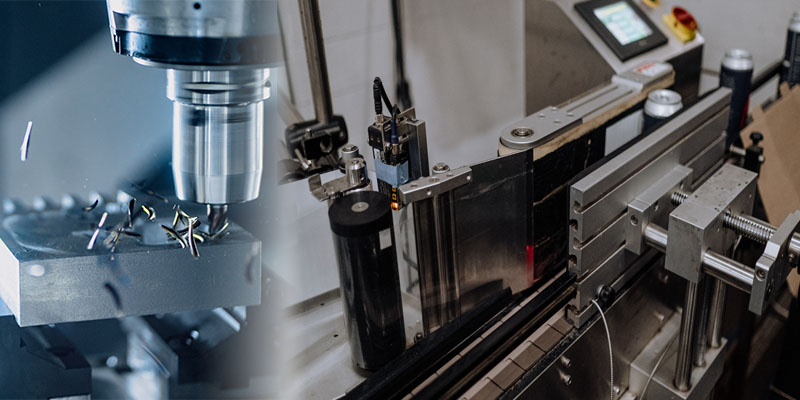With the development of science and technology, automotive and motorcycles have become indispensable tools for people’s daily use. In the constantly developing automobile and motorcycle manufacturing industry, precision is not just a desire; This is absolutely necessary. CNC (Computer Numerical Control) machining is a key technology that plays a crucial role in the production of parts that provide power for our vehicles. Let’s delve deeper into the reasons why CNC machining is indispensable in this industry.
Precision:
CNC machining provides excellent precision and accuracy in the manufacturing process. automotive and motorcycles rely on precise measurements and strict tolerances to ensure correct functionality and safety.
Under the guidance of computer programs, CNC machining ensures unparalleled forming and detail accuracy of these parts. CNC machine tools can consistently produce high-precision parts, minimizing errors and ensuring that the parts are correctly assembled together.
Material Diversity:
The various materials used in automotive and motorcycle parts require mechanical processing techniques that can meet various challenges. CNC machining excels in processing various materials from aluminum and steel to exotic alloys and composite materials. This adaptability is crucial for producing components that meet strict industry standards such as strength, durability, and weight.
Mass Production Efficiency:
The automotive and motorcycle industries are typically characterized by demand for mass production. CNC machining performs well in this environment and provides efficiency in large-scale production. Automated CNC systems can operate continuously to produce the same high-precision parts with minimal downtime, helping to simplify the manufacturing process.

Shorten Delivery Time:
In the fast-paced car and motorcycle market, time is crucial. CNC machining has the ability to quickly switch between different settings, greatly shortening the delivery cycle. This flexibility is particularly important when responding to market trends, model changes, or unforeseeable demand changes.
Universality Of Component Complexity:
Modern automotive contain countless complex components, from complex engine parts to precisely designed braking systems. The versatility of CNC machining allows for the production of these different components without the need for multiple specialized machines. This adaptability simplifies the production process and reduces the need for excessive tool replacement.
Consistent Quality:
CNC machining ensures consistent quality and reproducibility of motorcycle parts. Once a part program is created, it can be reused to manufacture the same components, ensuring consistent quality for each part produced. This is not only crucial for meeting industry regulations, but also for ensuring the safety and reliability of the final product.
Cost Effective Production:
Although CNC machining is an important initial investment, its long-term cost-effectiveness is evident. Reducing material waste, automation, reducing labor costs, and reducing rework can help improve the overall economic feasibility of CNC machining in the production of automotive and motorcycle parts.
Customization:
CNC machining also allows customization of automotive and motorcycle parts. By modifying the part program, manufacturers can create unique designs or customize parts according to specific customer requirements. This flexibility allows car and motorcycle enthusiasts to personalize their vehicles using aftermarket parts that match their preferences.
With the rapid development of the automotive and motorcycle industries, efficient, high-precision, and highly stable processing of major components is an effective way to shorten product production cycles, improve enterprise efficiency and competitiveness. CNC machining technology makes rapid prototyping and manufacturing of complex automotive parts possible, and the intelligent development of CNC manufacturing technology in the manufacturing process of automotive and motorcycle parts will become a development trend in the automotive manufacturing industry.



